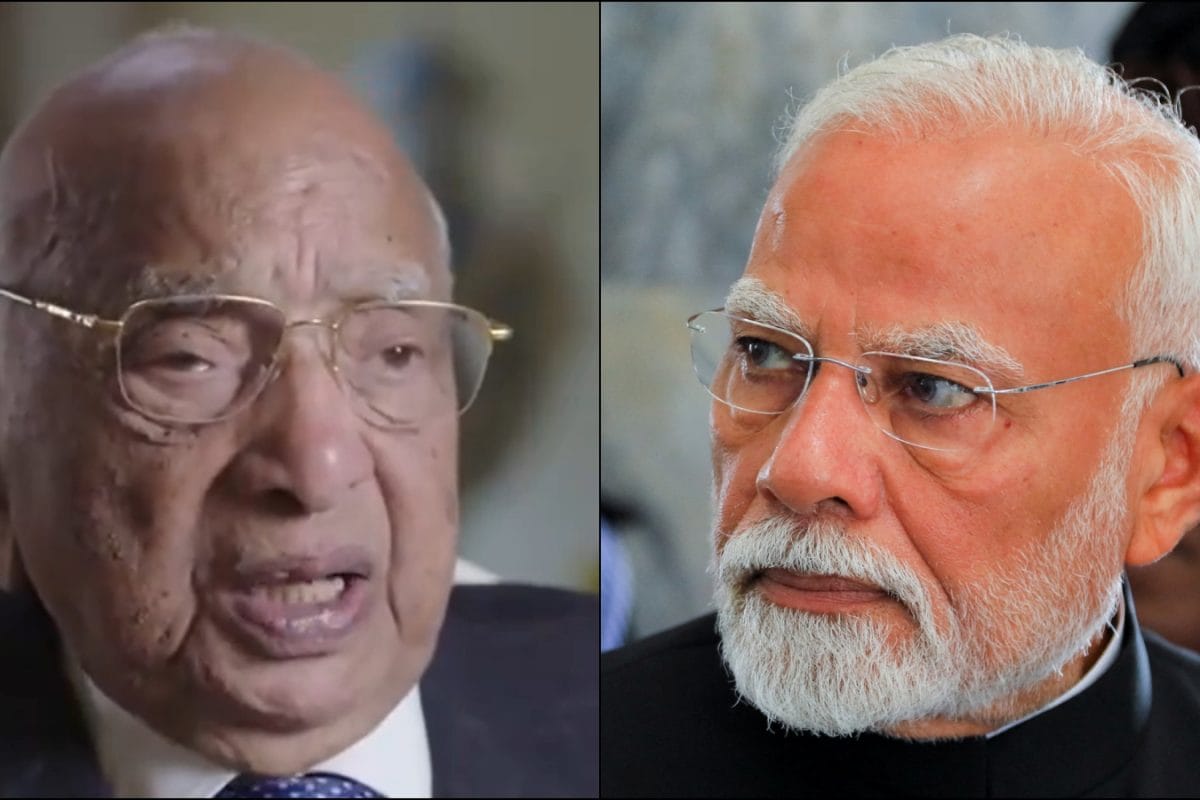

Industrialist M. L. Mittal has recently shared a rare glimpse into the personal life of Prime Minister Narendra Modi, recalling an encounter during Modi's visit to the United States in 1998. Mittal's account paints a picture of Modi as a man of simplicity and dedication, even before he held high office.
Mittal first met Modi in New York in 1998, at an international program centered on the Indian concept of "Vasudhaiva Kutumbakam," which translates to "The world is one family". The United Nations convened the event to revisit a decades-old resolution aimed at eradicating global poverty by 2050. Mittal was struck by Modi's "maturity, clarity of thought, and global outlook" even though Modi held no government position at the time. He recalled Modi asking, "How can you help me?" which impressed Mittal with its humility and purpose. Mittal offered support to Modi's organization, and his offer was readily accepted.
What truly stood out to Mittal was Modi's austere lifestyle. "He lived like a monk," Mittal stated. He described how Modi fasted twice a week, avoided air conditioning and fans, ate only fruits, and slept on the floor. Modi preferred staying in the homes of followers rather than hotels. Mittal recounted an incident where Modi opened his tiffin to reveal a simple meal of jaggery and peanuts, which left Mittal astonished. During their shared stay, Modi chose the only room without air conditioning or an attached bathroom, a space typically used for press work. He would wake up at 5 a.m. to make tea and set the breakfast table for others, explaining that "Service is my habit" when Mittal offered to help.
Mittal also shared an anecdote about Modi's frugality. Even after being appointed General Secretary of the Bharatiya Janata Party (BJP) and called to Delhi by L.K. Advani, Modi's lifestyle remained unchanged. When Mittal congratulated him and joked about enjoying the perks of power, Modi replied that he was staying in a servant's quarter and using a dilapidated vehicle. Mittal verified this by visiting Modi and finding him in simple pajamas, holding a mug of water, but still smiling. Modi told him, "I'm the boss in the office, not at home".
These early traits of simplicity and commitment to service, as observed by Mittal, laid the foundation for Modi's governance model later in Gujarat. Modi's dedication to public service and his ability to connect with people from all walks of life were evident even in his early days.
These glimpses into Modi's past reveal a consistent pattern of prioritizing service over personal comfort. His actions demonstrate a deep-seated belief in frugality and a commitment to using public resources responsibly. This commitment extended to foreign visits, where he would save from his daily allowance and return the funds to the party treasury, considering it "public money for service".
Mittal's account provides a valuable perspective on the formative years of a leader who would go on to shape India's trajectory in significant ways. It highlights the importance of personal values and principles in public life and offers insights into the character of a leader who has consistently emphasized simplicity, dedication, and service.